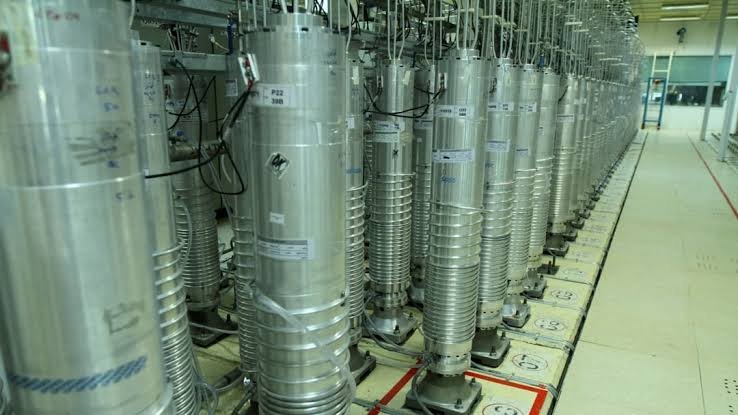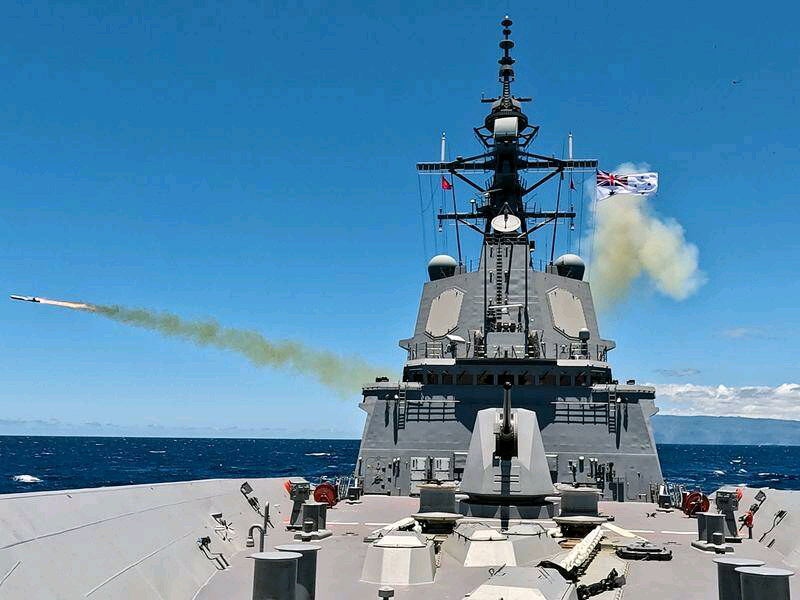Iran could be only months away from restarting uranium enrichment to levels suitable for a nuclear weapon, according to the head of the UN’s nuclear watchdog.
Rafael Grossi, director general of the International Atomic Energy Agency (IAEA), acknowledged that while recent military strikes by the United States and Israel caused significant damage to Iran’s nuclear facilities, they did not eliminate its nuclear capabilities entirely.
Read more stories:
- High Court Orders Release of Video Footage in PIU Shooting Case
- State House Calls Emergency Meeting Over Ship Registry Deal With Cyprus Firm
- Gach Global CEO Accuses Former Staff of Orchestrating Multi-Million Dalasi Fraud
“To say everything has been destroyed is simply not accurate,” Grossi stated. He explained that Iran retains the technical expertise and industrial resources needed to resume uranium enrichment quickly if it chooses to do so.
Earlier this month, Israel launched attacks on key nuclear and military sites in Iran, citing concerns that Tehran was nearing the development of a nuclear bomb. The United States later joined in, targeting three key facilities—Fordo, Natanz, and Isfahan.
While the full extent of the damage remains uncertain, some analysts believe the strikes may have only delayed Iran’s progress by a few months. Iran has offered conflicting statements about the impact. The country’s Supreme Leader dismissed the attacks as ineffective, but its foreign minister described the damage as serious.
Compounding the tension, Iran’s parliament recently moved to suspend cooperation with the IAEA, accusing the agency of bias. Tehran has denied international inspectors access to the targeted facilities and dismissed Grossi’s efforts to investigate further.
Grossi expressed hope that diplomatic channels could still be pursued. “At the end of the day, after all these military actions, a long-term solution must be found—and that solution has to be diplomatic,” he said.
The recent escalation follows years of mounting pressure between Iran and the West. Under a 2015 international agreement, Iran was restricted in how much and where it could enrich uranium, capping it at 3.67%—well below weapons-grade levels—and forbidding any enrichment at Fordo for 15 years.
However, the agreement began to unravel in 2018 when the United States unilaterally withdrew and reimposed sanctions. Iran responded by violating key terms, including resuming enrichment at Fordo and stockpiling uranium enriched up to 60%, enough to potentially produce multiple nuclear weapons.
Despite these developments, Iran continues to insist its nuclear program is strictly for civilian purposes. Whether talks can resume remains uncertain, but the international community is watching closely, wary of any steps that could edge the region closer to open conflict.



